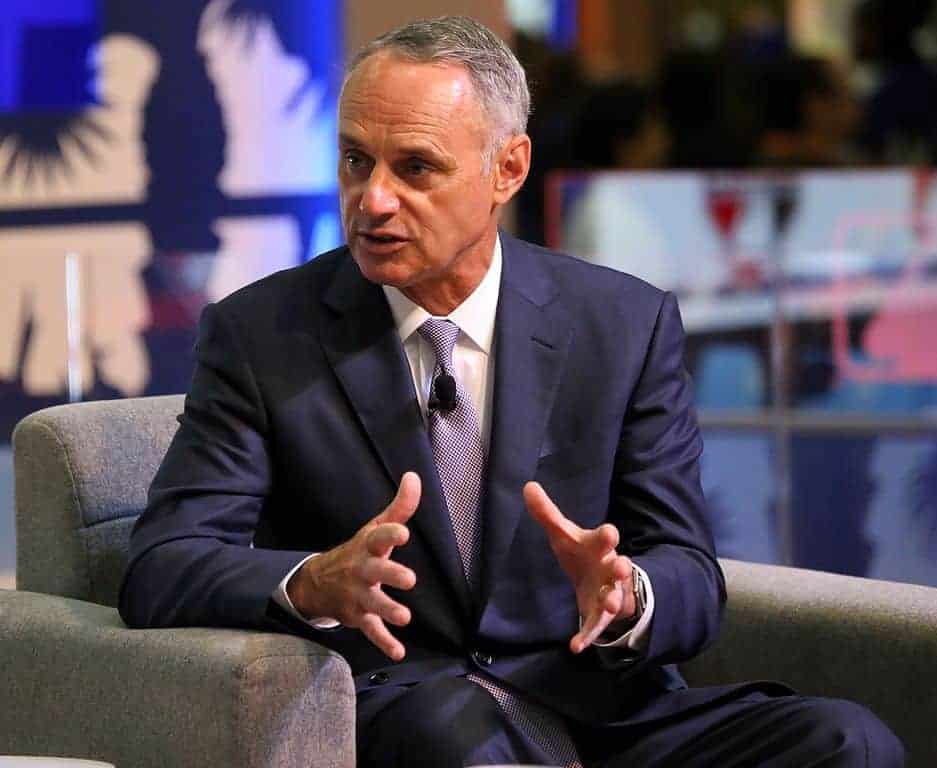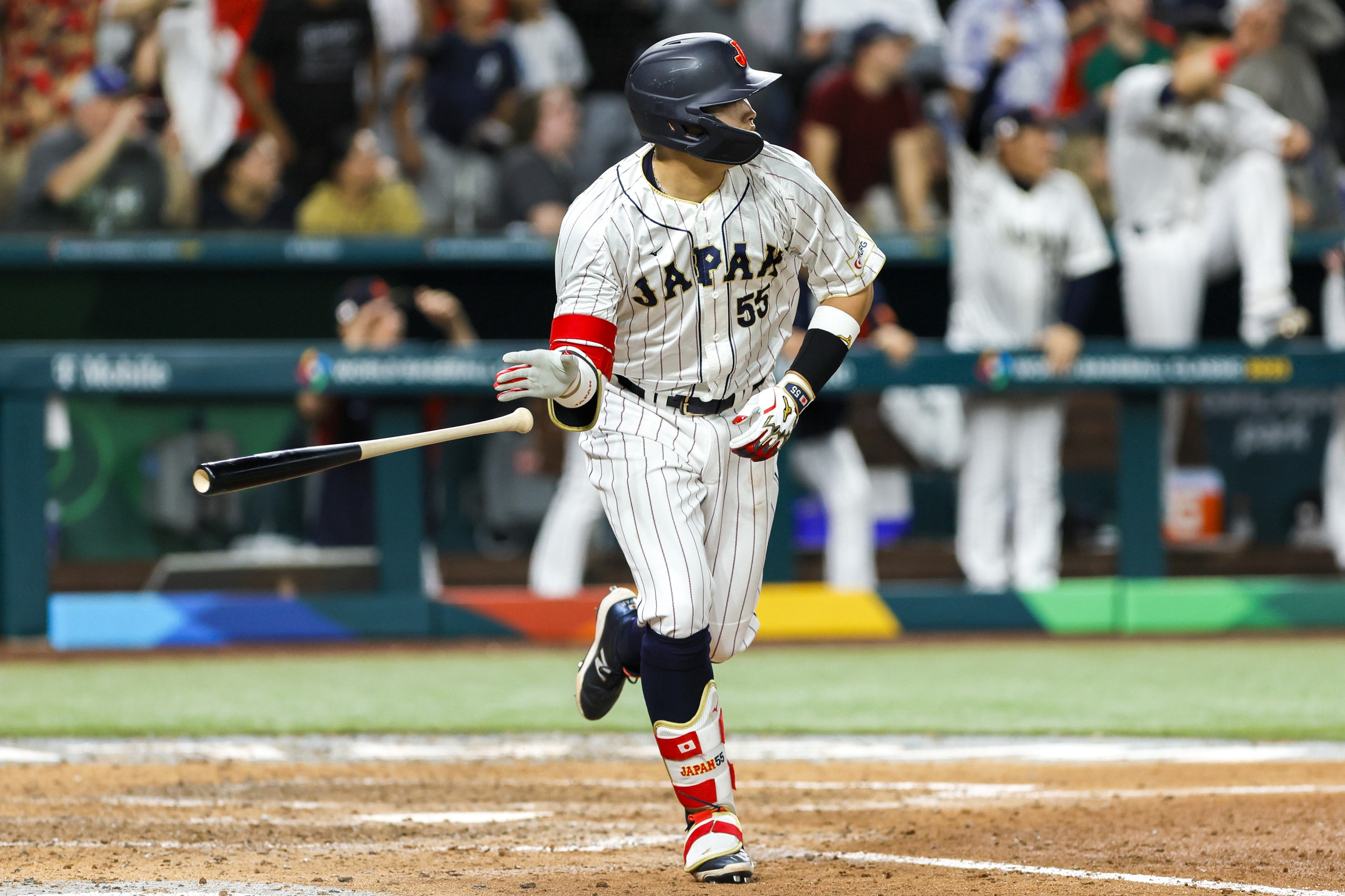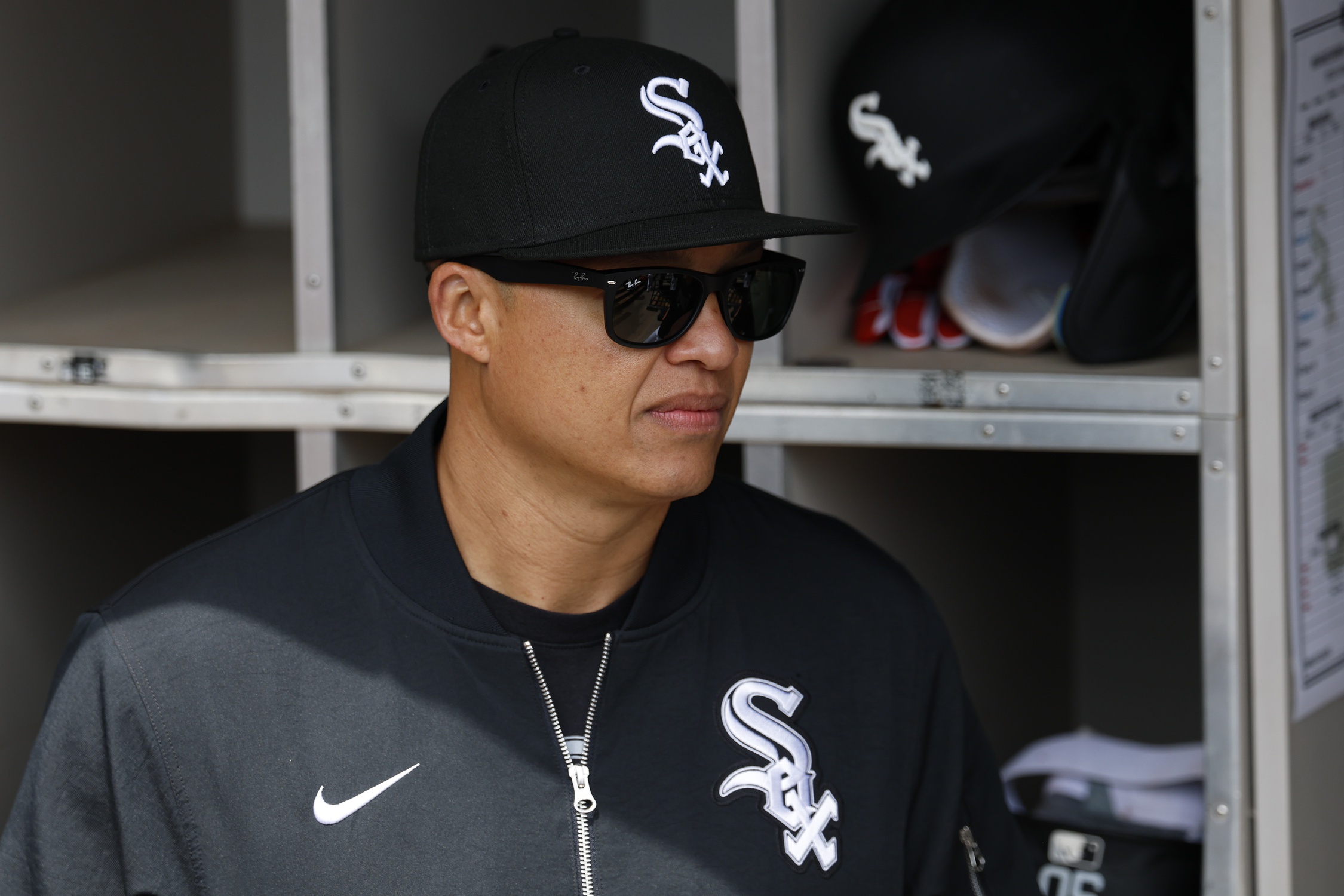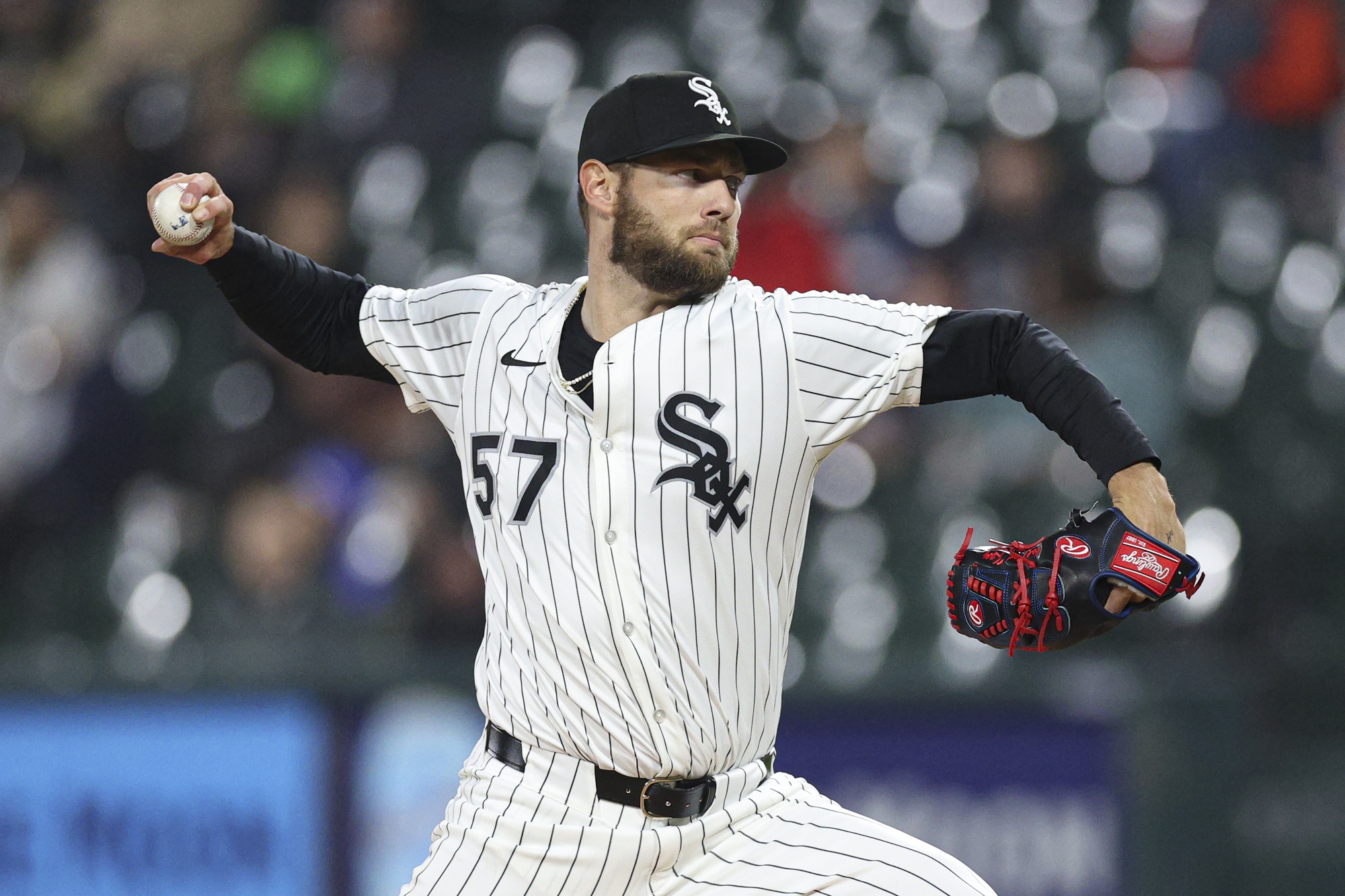If you couldn't tell from Rob Manfred rushing to lock out players in hopes that it would "jumpstart the negotations" only to go 43 days without offering anything, The Athletic's Evan Drellich reports that indeed, Major League Baseball is very clearly trying to wait out the Players Association.
That's not to say the article lacks novelty. Even if little of the substance surprises, Drellich's straightforward framing of the proposals to date isn't often seen in mainstream sports labor coverage.
MLB has indeed made proposals that technically address areas like pay for young players. But in most if not all cases, those gives have been small, at best, and sometimes, they shouldn’t rightly be considered gives at all. These proposals are rarely made in isolation. They’re made as packages, where acceptance of one condition requires acceptance of others. Thus far, league packages have come with trade-offs that the players feel ultimately would make their standing worse overall, or would not meaningfully improve it.
For example, one of the reasons the players so disliked the proposal MLB made in August to institute a salary floor was because it came with modifications to the luxury tax that would’ve severely hampered free agency. The owners have offered to raise the luxury tax thresholds slightly, while simultaneously increasing the penalties to exceed them. And on the question of getting younger players paid more, MLB keeps offering to pay players by a formula that, in the short term, might bring a little more money to players, but would also sacrifice the salary arbitration process — a mechanism players greatly value because it allows them to argue for higher pay to a third party.
Mainstream labor coverage tends to look more like Ken Rosenthal's column, in which he pins blame on Rob Manfred for the slow pace, but considers lost games -- the biggest potential weapon for a locked out labor force --- to be the worst outcome, which automatically puts the players in a bad spot since withholding services is a union's biggest weapon. Rosenthal would effectively be scolding the players for bringing a gun to a gunfight.
There could be a state down the road where players share the blame for a stalemate in negotiations and a jeopardizing of 162 games, but as long as they're 1) locked out by the league and 2) getting dog-turd offers, I don't see a need to resort to "both sides" and "billionaires vs. millionaires" rhetoric, especially since more than half of the players on MLB rosters had less than three years' service time.
The MLBPA plans to make a counterproposal in person on Monday. It probably won't move the needle if the owners are as obstinate as Drellich says, but a willingness to respond to offers, no matter how poor they are, probably does the most to avoid the tilted press.
SPARE PARTS
The Tampa Bay Rays' daffy proposal to split their season between new ballparks in Tampa and Montreal was shot down by MLB's executive council (which includes Jerry Reinsdorf), catching Rays owner Stu Sternberg by surprise. He said partial seasons between sister cities "are going to be the wave of the future in professional sports," which is something a lot of sweaty Shark Tank hopefuls say when their product is laughed out of a room.
The White Sox have yet to announce their international signings, so they couldn't beat Rosenthal and Maria Torres openly musing about how to fix a broken system. An international draft would make it easy to eliminate the illegal-but-common agreements between teams and 13-year-olds, but I hadn't heard of the players' alternate course:
An international draft assigning players to the teams that select them would eliminate pre-arranged deals. But the union believes such deals can be eradicated without a draft if the league implements stricter enforcement and creates additional flexibility within the pool system, sources said. The ability to carry over pool space from one year to the next, the union believes, would make the claim by a club to a youngster that money was running out more of a hollow threat.
Both systems would benefit the White Sox, who tend to have leftover money they can't roll over.
Jordan Lazowski asked Ethan Katz good questions, and Katz gave him good answers, specifically on all the lessons the climb up the minor-league ladder has to teach players and coaches.
After introducing automated strike zones in the Atlantic, Low-A Southeast and Arizona Fall leagues, MLB is ramping up by implementing them across the entirety of Triple-A next season (there's a job posting in Charlotte for those so inclined). MLB had to tweak the A-ball strike zone during the 2021 season had to make in-season adjustments during the 2021 season, specifically registering pitches deeper on the plate in order to avoid called strikes on breaking balls in the dirt.
It's funny reading this Britt Ghiroli/Eno Sarris story from a White Sox context, because job security is baked into just about every role.
In any case, AGMs stay with their teams longer than those in any other front-office role. In a study conducted by The Athletic, the median tenure of an organization’s general manager is 5.5 years, with the president of baseball operations (for clubs who have one) lasting an average of 8.5 years with their current team.
The top assistant GM job? The average tenure is 13.5 years – by far the most among front office and top on-field positions – followed by the second AGMs, who sport a median of 10.5 years with their current teams. Contrast that hitting and pitching coaches who, in general, are currently lasting two years or less with their organizations, and the job security really comes into focus.
I'm among the millions playing Wordle, and while I can't say with any certainty that I'll be playing it a month from now, I appreciate the modest aims, and the idea of making the thing you want to see, then doing what you can to keep it that way.
I used to work in Silicon Valley, and I’m aware of the things that, especially with games, you’re meant to do with people’s attention. You’re trying to capture as much of people’s attention as you can. So that involves things like endless play, or sending them push notifications, or asking them for sign-up information.
And philosophically, I enjoy doing the opposite of all those things, doing all the things that you are not meant to do, which I think has bizarrely had this effect where the game feels really human and just enjoyable. And that really resonates with where we’re at right now in the world and with COVID, and then also we’re trying to figure out, what is tech? What has tech become? I think that really resonates with people, and no ads—well, no monetization. People ask me a lot about these things, and it was like, I was literally just making a game for my partner, and I made some decisions that we would like.
(Photo by Arturo Pardavila III)






